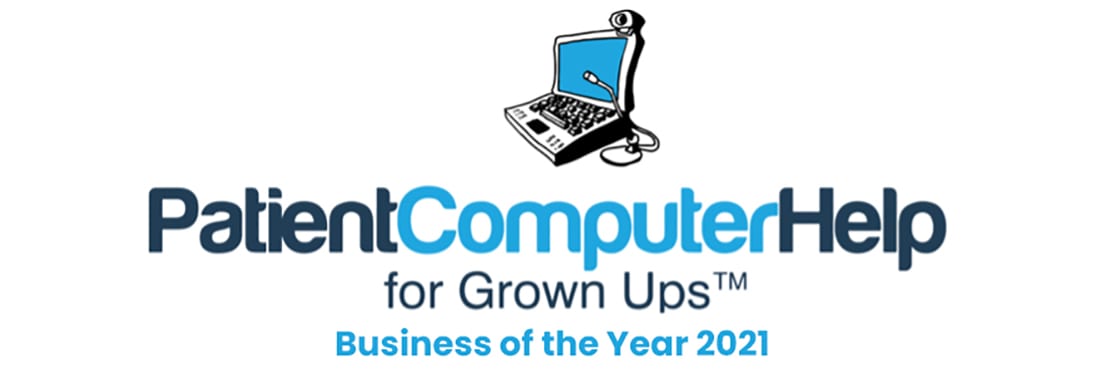
A firewall, just as in a car or a building, is a layer of protection between the risks and you. On a computer, that layer protects your computer while it’s connected to the Internet. With all the sneaky malware floating around, you need one, and you definitely should have one in place.
What is a firewall?
Some organizations might have three firewalls (or more): one on each Internet-connected server, one on the internal router, and one on each computer. The firewall is the first line of defense against any cyber attacks. Most computers today come with firewalls installed, and for good reason. When you’re connected to a global network like the Web, your computer is always at risk. Many attacks are filtered and blocked by your firewall without you even knowing, while allowing traffic that you choose to download, such as webpages or music. A firewall can tell the difference between traffic you initiate and traffic you didn’t. In IP (Internet protocol) technology, data is broken up into chunks, or packets, each with its own network addressing information.
Basic Types
Hardware firewall – this is a device, whether external or internal, between your Internet connection and your computer that acts as a router (or may be a router). Routers send incoming traffic to the computer with the specified IP address; if an incoming transmission doesn’t have a specific IP address, or one on your network, it goes nowhere.
Software firewall – if you aren’t using a router, all network traffic will reach your computer. Software firewalls are programs that monitor this incoming traffic so that suspicious traffic never reaches internal systems. This is not dissimilar to a hardware firewall, however a software firewall on many networks can also be configured to block out-going traffic from you computer (i.e., to prevent a virus from affecting other computers). Most PCs come with a software firewall turned on by default.
How firewalls work
Your firewalls use one or more of three basic approaches to control traffic coming in or out of a network:
Packet filtering – This packet information is checked against a set of filters. If the packet is prohibited by any filter, it is discarded.
Proxy services – incoming information is held by the firewall until it can be verified by the requesting computer.
Stateful inspection – key identifiers in each packet are compared against a database of approved senders. If the packet info doesn’t match any of these trusted sources, it gets discarded.
Trusted sources, like your favorite website or cloud storage, get recorded and information from them is allowed through your firewall. But any suspicious Internet packets that were never requested by your computer are simply cut off.
Leave it on
Firewalls work in one critical sense – they protect you from computers that your network doesn’t trust. Nothing can guarantee safety from all the clever hacker tricks out there, so you really shouldn’t trust any network. If you have kids at home on their own computers, make sure that both their devices and your WiFi router are firewall-protected. If you connect to the Internet via someone else’s WiFi, you want your software firewall active.
Newer firewalls on both PC and Macs are checking each packet in micro-seconds, so they don’t have much drag on speed or system resources. Turning them off won’t give you any real benefit, so it’s better to leave them on and have that extra layer of protection.
If you have any questions about firewalls or computer security, we at Patient Computer Help can assist you with all of your Internet concerns.
